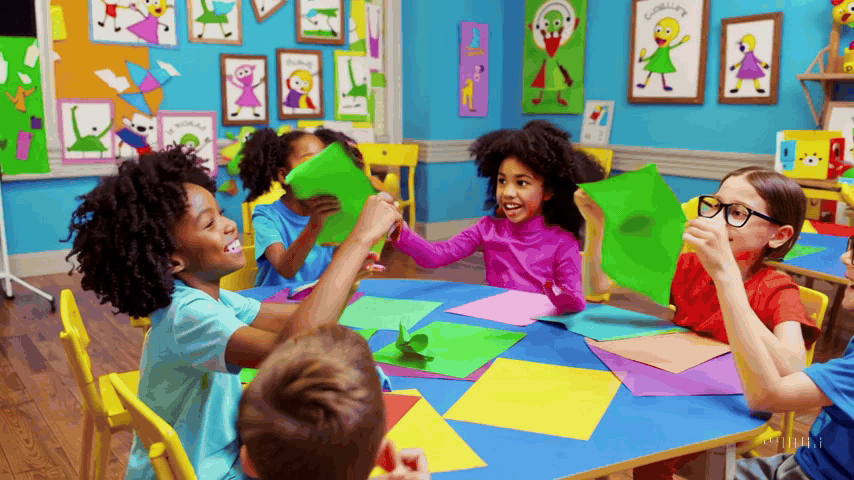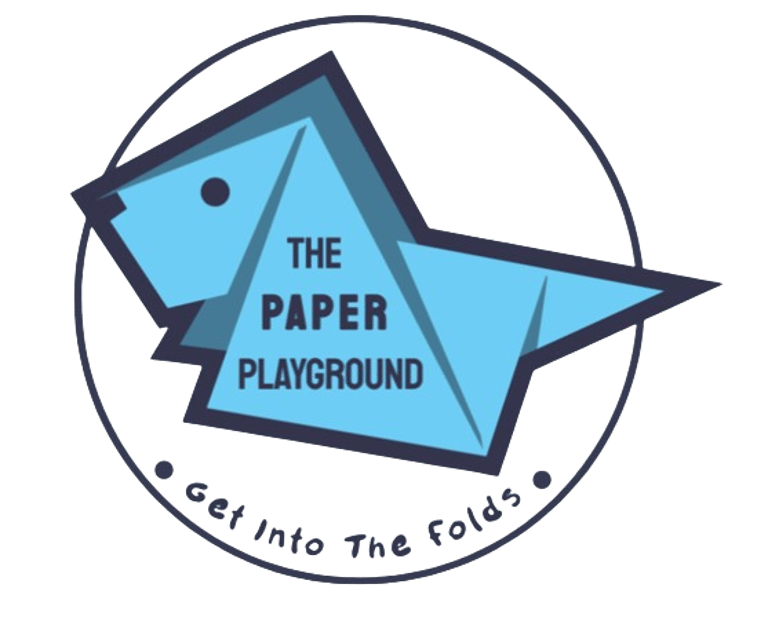
Empowering Children Through The Art of Origami
Supporting youth physical and mental development with creative origami resources and educational programs.
Community Partnerships
Collaborating with organizations like schools, libraries, therapy and mental health centers, and larger non-profits to reach children with interactive origami workshops. Our workshops, called "Fold-Alongs" incorporate 3 of our 9 origami adventure storybooks.






Origami Kit Distribution
Educational Workshops
Distributing our 9 interactive origami adventure storybooks to kids in schools, hospitals, therapy centers, and through larger non-profit organizations through drives.
OUR WORK
Bringing origami to therapists and social workers through workshops that teach professionals how to incorporate origami play into occupational therapy and counseling. We cover basic models, fold patterns, and techniques to maximize the benefits of folding.






OUR TEAM








Noah Livstone, Founder, President, Head of Greater Philadelphia Chapter


Ojas Parekh, Head of Greater Cincinnati Chapter


Need Dalela, Head of Greater Seattle Chapter


Isaac Caccam Head of Greater Jacksonville Chapter
Dexter Namkung, Head of Greater Killington Chapter
Josh Lee, Head of Greater Austin Chapter





The Power of Origami
Anxiety
ADHD
Lowers stress with repetitive, mindful focus.
Lowers stress with repetitive, mindful focus.
Improves Fine Motor Skills
Boosts Self-Esteem and Confidence
Builds Patience
Boosts Creativity
Our Numbers That Speak!
15,000
Kits Distributed
200+
Volunteers
350+
Therapists Reached
60+
Partner Organizations



Origami's Benefits
Improved Focus and Concentration: Origami requires children to follow specific instructions and concentrate on intricate details, which can help improve focus. Studies suggest that about 1 in 10 children in the U.S. has ADHD, and engaging in activities like origami can provide a calming, structured outlet for these children, helping them develop better concentration skills.
Enhanced Fine Motor Skills: The folding techniques involved in origami promote the development of fine motor skills. For children, particularly those with developmental delays or coordination issues, this can be an essential aspect of their growth. According to the CDC, about 1 in 6 children aged 3-17 years have a developmental disability, making activities like origami beneficial for improving dexterity.
Boosting Self-Esteem and Confidence: Completing an origami project provides a sense of accomplishment, which can significantly boost self-esteem. Research shows that positive reinforcement through successful task completion can be particularly impactful for at-risk youth, who may face more challenges in their daily lives.
Stress Relief and Emotional Regulation: Engaging in creative activities such as origami can serve as a form of therapy, helping children manage stress and regulate emotions. With approximately 1 in 5 children experiencing mental health issues, origami can offer a therapeutic outlet for expression and coping.
Social Skills Development: Participating in group origami sessions can foster social interactions and teamwork. For children who struggle with social skills, such as those on the autism spectrum (about 1 in 44 children), collaborating on origami projects can enhance communication and relationship-building skills.
Cultural Awareness and Creativity: Origami has a rich cultural history, which, along with the cultural themes in our stories, can be a gateway for children to learn about different cultures and histories. This can promote inclusivity and creativity, helping children appreciate diversity in their environments.
Get in Touch
We’d love to hear from you! Contact us for inquiries, partnerships, donations, or to support our mission of helping children through origami.
connect
n.livstone@gmail.com
